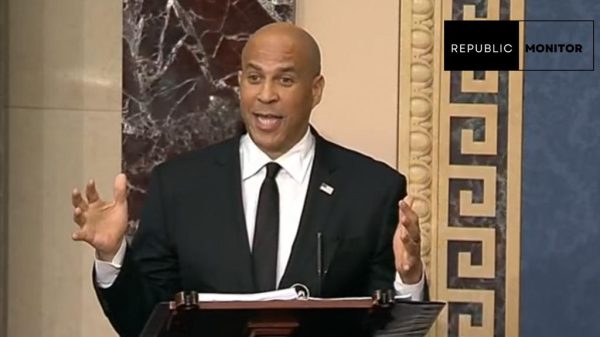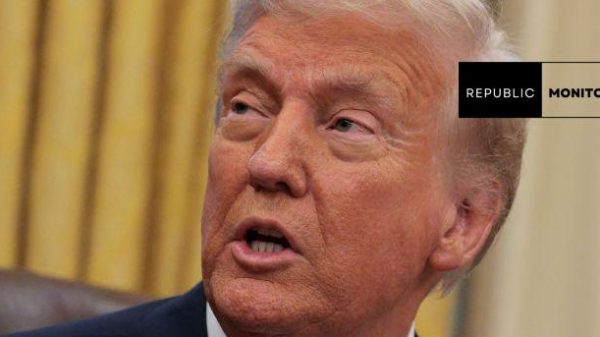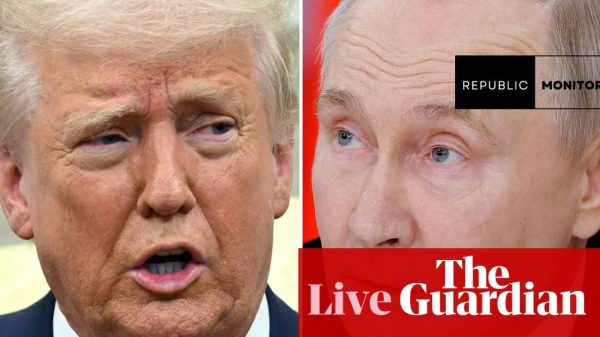As the world grapples with the ongoing COVID-19 pandemic, emerging studies shed light on the virus’s long-term impact, particularly on the immune system. Contrary to earlier theories suggesting an “immunity gap” due to pandemic measures, recent evidence indicates that COVID-19 can directly compromise the immune system, potentially contributing to the surge in other diseases post-pandemic.

Unraveling the Ongoing Impact of COVID-19: Immune System Damage and Surging Diseases
Studies summarized by the World Health Network highlight the detrimental effects of COVID-19 on the immune system. Over 100 studies reveal a significant depletion in critical immune components, akin to abrupt aging. This depletion may explain the prolonged symptoms experienced by many individuals, with some still facing health challenges over three years after initial infection.
The prevailing notion of an “immunity gap” caused by pandemic measures, such as lockdowns and mask-wearing, is debunked by recent findings. Unlike a muscle, the immune system does not benefit from exercise, and fighting off infections can leave it depleted. COVID-19, in particular, directly attacks components of the immune system, leading to potential long-term consequences.
The surge in unseasonal waves of diseases following the pandemic year, including respiratory infections in children, may be attributed to the direct damage inflicted by COVID-19 on immune systems. Even asymptomatic cases, especially in children, can result in high viral loads and trigger hyperinflammation, altering gene expression within immune cells and leaving individuals more vulnerable to other infections.
Reports of pediatric hospitals experiencing shortages of beds and ICU capacity for children with severe respiratory illnesses indicate the serious health implications. While some attributed the rise in diseases to an “immunity debt,” evidence suggests that COVID-19 infections, rather than preventive measures, may be the primary cause.
Children, often carriers of high viral loads even with mild symptoms, may experience immunosuppression after COVID-19, making them susceptible to subsequent infections. The narrative attributing health issues to masking and isolation oversimplifies the situation, as the actual culprit appears to be the impact of COVID-19 on immune function.
The concern extends beyond immediate health consequences, raising questions about the potential aging of the immune system in individuals with multiple COVID-19 infections. The societal and economic impacts of the ongoing pandemic are profound, with COVID-19 remaining a leading cause of death globally.
In conclusion, understanding the intricate relationship between COVID-19 and the immune system is crucial for public health strategies. Acknowledging the virus’s potential to compromise immunity informs decisions on preventive measures, vaccination efforts, and long-term health management.
















